What's discussed in this post
Introduction
You just finished your draft. Congratulations!
… Now what? Even for the experienced author, revising a short story or novel can be a daunting task because the advice out there is often this broad or vague. Authors need specific and actionable advice so they feel confident in approaching a revision. That’s where the developmental edit comes in. A developmental edit is an evaluation of a manuscript's bigger picture (or macro) elements, which includes character, stakes, and plot. It may also address some micro edits such as pacing, structure, showing and telling, point of view, and tension. The point is to get the bones of the story in proper shape. While hiring a professional to perform a developmental edit or editorial critique is always a good option, every author should attempt to do it themselves first. Learning to evaluate your own manuscript will not only help you hone your craft, but it will save you money. The structure of a developmental self-edit
So, what is the structure of a developmental self-edit? Here’s the basic outline:
This post goes into how to perform a cold read. By the end, my hope is that you can approach this first step of revising your manuscript with confidence and clarity. What is a cold read and how do you do one?
For a developmental editor, the cold read is the first read-through of the manuscript. Reading through the manuscript prior to digging into a developmental edit allows an editor to get an overall feel of the manuscript’s character, plot, stakes, and themes; the author’s style; and the obvious issues to address. Typically, no actual editing is performed on this first read, but the editor will have a checklist or notepad nearby to jot down notes or ideas.
A cold read is more easily done by a developmental editor because the manuscript isn’t precious to them. They go into the read with the needed objectivity. As the author, you don’t have that advantage. So, the first step of performing a cold read is to gain objectivity, and the second step is the read-through. Step 1: Gain objectivity
What you and your manuscript really need is objectivity. Here are three ways to help you get it:
1. Take time and distance away from your manuscript
Established authors, editors, agents, and book coaches all emphasize the importance of stepping away from your manuscript, giving it (and you) time to rest. I’ve seen many suggest letting the manuscript rest for at least six (6) weeks. This is often easier said than done. Sometimes, we are too excited to put our manuscript aside for long, and other times, we are on deadline, whether self-imposed or not. However, Tiffany Yates Martin says even a few days away from the manuscript can be effective—if you distract yourself. Here are some distraction methods:
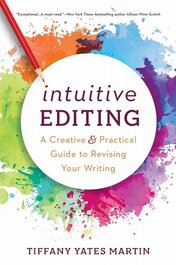
General Revision – Intuitive Editing by Tiffany Yates Martin. I cannot recommend this book enough. It’s the first book on revision with clear, practical, and actionable advice. It makes my neurodivergent brain happy.
Show vs. Tell – I haven’t seen a better book on showing and telling than Understanding Show, Don’t Tell (And Really Getting It): Learn how to find—and fix—told prose in your writing by Janice Hardy. Like Intuitive Editing (which has a chapter on this!), Hardy’s book gives actionable advice with great examples. Both books have the format of “how to find it and how to fix it,” which I find extremely helpful!
Short stories have the added benefit of helping you hone your craft while you create something for your newsletter. Pick up Brevity: A Flash Fiction Handbook by David Galef to learn about the different formats of flash fiction and how to revise it.
Tip: Explore a new genre through a short story. It will distract you even further from the book you just finished.
2. Read the manuscript in a different place than you wrote it
As Yates Martin says, “The brain is a creature of habit.” So, if you try to read your manuscript in the same place as you wrote the draft, your brain will go back into writing mode. You want it in reader mode!
3. Read the manuscript in a new format
This is an essential part of the editing process, I believe. Putting your manuscript in a new format—whether it's a printout, a paperback ordered off of Lulu, on your e-reader, or even with just a different font—tricks your brain into thinking it's not yours and therefore allows you to enjoy it as a reader would.
Step 2: Read your manuscript
Next, you’ll want to read your manuscript in as few sittings as possible. Make sure you have a notepad, notecards, etc. nearby to jot down issues you notice or improvement ideas. DO NOT mark up the manuscript itself (which is why putting it on an ebook reader is such a brilliant idea). If you begin marking up the manuscript, your brain will flip into writer and revision mode, and we’re only focusing on identifying issues and improvements right now.
Also, don't forget to write down good things about your manuscript! What did you enjoy? What is working? Highlight your favorite lines! You'll be happy to have a reminder of what is good about your manuscript as you dig into the revisions. Once you're done with your cold read, it's time to let your first impressions simmer. Our unconscious discovers wonderful ideas when we let it. Leave your manuscript for a couple of days, let your unconscious do its magic, and never be without the means to take notes! To sum it up
Every author should learn how to perform a developmental self-edit because it will not only help them hone their craft but also save them money. A cold read is the first step of a developmental self-edit, and to perform an effective cold read, you need to obtain objectivity. Take time away from your manuscript if you can, and if not, read your manuscript in a new format and a new place than you wrote it. Read your manuscript in as few sittings as possible, and then let your unconscious work its magic before you start on the next step: Evaluating your manuscript.
0 Comments
14 novels editedUnreleased & covers not currently available:
6 Novellas and Vellas edited*Stripped Away and The Daring Adventures of Honoria Porter are ongoing. 15 short fiction pieces editedPlus 12 other short fiction pieces! 3 trainings completed
Thank you!When I began my freelance editing business in 2020, I never dreamed I would have such consistent work! Thank you for giving me a sneak peek at all your stories this year. You are all so talented and impressive, and polishing your manuscripts is the most rewarding work I've done in my adult life. I can't wait to see what is in store for you all in 2023! Happy New Year!What's discussed in this post
IntroductionWelcome to Editor’s roundup, a monthly post of common edits I’ve made in the last month. This month, we’re discussing 3 compounds that authors commonly mix up, and I’ll give you some tips on how to self-edit for word compounds.
Door frame or doorframe?We’ll start with an easy one. Often, I see authors split doorframe into 2 words, and I’ve even caught myself splitting the compound in my own writing! Merriam-Webster says doorframe is the correct spelling, so I looked into why we have a tendency to split the word. According to the Google Books Ngram Viewer, which checks how words and phrases are used over time, doorframe became the more common spelling in the 2010s. The use of door frame tapered off in 2013, and the use of doorframe peaked in 2017. While door frame is still in use, a quick google search for entries of door frame yields results for doorframe in Merriam-Webster, Cambridge, Dictionary.com, and others, so I would stick to the one-word version. On to or onto?One of the fun things about being an editor is that I second-guess every grammatical rule I know, and then I end up down the rabbit hole. Along with lay vs. lie conjugations, I research onto vs. on to regularly, because if you mix them up, you can change the meaning of your sentence. To know whether you need to use onto or on to, you need to know 4 things. 1.The first thing to know is that the confusion with onto and on to we’re discussing here lies with using onto and on to as prepositions of direction. 2.The second thing to know is that when you use on to, you’re actually using two distinct prepositions of direction: on and to. So, you need to look at these two words individually to see if they both fit the context.
Therefore, you’d only use the prepositions on and to together when you’re describing an object moving toward a destination and into a position. Often, you’re working with a verbal phrase (moved on) and–or an infinitive phrase (to become) when you use on to. She went on to become a bestselling author. (The object she moved toward and into the position of becoming a bestselling author.) They led them on to the upper landing. (The object them was led toward the position of the upper landing.) She moved on to her next lover so fast. (The object she moved toward and into the position of a new lover.) 3.4.The fourth thing to know is that onto and on are interchangeable. So, a good trick to know if you should onto instead of on to is to drop the to. If you drop to without any meaning changing, you can use onto. I set my phone onto the charger and I set my phone on the charger mean the same thing, but I set my phone on the charger sounds better. Compounds beginning with halfHalf can precede verbs, nouns, and adjectives to create compound words. Those grammatical functions determine whether the compound is one word or two. According to The Chicago Manual of Style, the following general rules apply:
There are two major exceptions to these rules:
Self-editing tipsEditing for word compounds can be tricky. Spellcheck will often not recognize if a compound should be two words, one word, or hyphenated. Using a grammar check like Grammarly (although I think you need the premium version) or ProWritingAid can help you eliminate a lot of needless two-word compounds. Additionally, if you edit in Word, you can install a macro that will enable to you look up the word in Merriam-Webster with a couple of clicks. Here are some final tips:
Finally, as you learn which compounds you tend to mix up, make a Find+Replace list for future reference. Further readingGoogle Books Ngram View: doorframe and door frame
Merriam-Webster.com Dictionary, s.v. “onto,” accessed September 25, 2022, https://www.merriam-webster.com/dictionary/onto. The Chicago Manual of Style 7.89 “Using word macros for editing,” Rabbit with a Red Pen Content Guidance: This book contains grooming, on-page SA, and religious trauma related to purity culture and the patriarchy, and therefore this review includes discussion regarding the treatment of those issues.
I'm going to preface this review by saying this book is important. As someone from a similar background, I found the confusion and tension Emma feels throughout her sexual awakening and exploration relatable and portrayed well. Emma was raised to believe that her body was not her own and in order to be good, she had to deny her very natural feelings and bodily functions. So her choice to deconstruct those beliefs and search for a healthier relationship with her body, sexuality, and feelings is something I loved to see on the page, and I'd love to see more books explore this. Generally, I loved the relationship dynamics in this book. They interweave and overlap in a way that is very high school. Tanner and Emma's romance is fast-paced and intense; Emma's friendships are loving and challenging; and Emma's changing relationship with her dad is frustratingly understandable. C.L Walters created complex characters with complex relationships, and the way the changing relationships challenge Tanner and Emma's beliefs and romance is the star of this book. However, this book felt about 150 pages too long. I think Walters fell into the trap of wanting to tell all the stories in one book (a trap I know all too well). As a result, several side plots and backstories felt tagged on rather than integral to the story. Unfortunately, this includes the sexual assault and grooming backstories. I know from the author's note at the end of the book that Emma's #metoo backstory and her consequent struggle with her self-worth due to her religious background were especially important to Walters, and while I agree it's an important story to tell, it felt like it should've been part of a different story or novel. Emma's purity culture upbringing was enough for me to believe she would struggle with her desire for Tanner. This is the same with Tanner's grooming backstory. While I agree it's important to show that all people can be grooming and sexual assault victims, it didn't feel essential to Tanner's story in this book. I think it would've been better represented with a different character and a different story. Finally, the Tanner's-favorite-book subplot didn't feel essential to the story, and I didn't understand the excerpts throughout. I loved the scene where Tanner and Emma are reading it together, but I don't think Tanner's secret bookishness added any actual depth to his character or story. It could've been removed without harming their love story or the friendship and family subplots. Since these stories felt more tagged on than essential, they distracted from Emma and Tanner's emotional journeys, which involve learning that their self-worth comes from, well, within. And while the underlying lesson is the same, each comes to the lesson differently and separately. I'm a sucker for a love story where fulfillment is NOT found in the romance, and Walters delivers. But Emma's journey to learn this was a little more frustrating than Tanner's. While I understand it may have been more difficult for her due to evangelical theology ingrained in her, I think the book's length detracted from her journey and character in the end. That being said, I would recommend this book to those interested in purity culture representation and those who love sex-positive non-HEA love stories. If you enjoy Katie Cotugno's 99 Days, Erin Hahn's Never Saw You Coming, and open-door sex scenes, you'll enjoy this book. You can purchase The Stories Stars Tell on Amazon (Amazon affiliate link) and learn more about C.L. Walters at https://www.mixedplatepress.com/
In this sequel, Natalie Cammaratta teases out the tension and anticipation the end of "Falling & Uprising" creates while playing on the themes of knowing vs. feeling, friendship, trust, and societal backsliding. It seems that an uprising and seeming environmental disaster (Where did the ocean go? How does that even happen?) isn't enough for Kaycie and its islands to forgo their corrupt government and false sense of security. Sounds familiar, right? The complicated political climate of this dystopia reminds me of "Star Wars: Episode III, Revenge of the Sith," in the best way. Serenity, like Padme, fights for a more fair world, and even with the amnesia shot, Serenity knows something is wrong with the Establishment, and she knows it's more than what she's told. Her sense of right is intact, despite the efforts of the people around her. She feels there is something wrong. The tension between knowing and feeling within Serenity builds out her character and makes it more interesting and complex than it was in Book 1. I liked Serenity in "Falling & Uprising." I LOVE the journey she goes through in "Scattered & Breaking." Natale also expands the world for both the characters and the readers through Bram--and a third POV (which I am not going to name because I'm not sure if it's still a secret). Through Bram and the third POV, we see and learn more about the islands, how the uprising affected them, and why and how the sea disappeared. While their understanding of the world expands, friendships are tested, and they don't know who to trust. The interweaving of personal and societal relationships is intricate and, well, cool! Basically, if you liked "Falling & Uprising," you'll love "Scattered & Breaking." It's STEAM-filled and passes the Bechdel test with flying colors. There are also several gay characters (one will surprise you!). I stand by my assessment that this series is for people who like "Downton Abbey," (Season 2!) and "Catching Fire." And yes, Jase is still sketch. I also stand by that assessment. Visit Natalie's website and purchase "Scattered & Breaking" through Amazon. In "Falling & Uprising," Natalie Cammaratta skillfully combines the old Hollywood glamour and witty banter of a classic Marilyn Monroe film with the suspense and worldbuilding of "Catching Fire," all in an apocalyptical setting that is all too real after the recent UN report. Like most YA apocalyptical dystopian novels, "Falling & Uprising" touches on inequality, governmental control, and environmental issues, but Natalie veers from a typical YA dystopian by making the protagonist a privileged, rich, and famous teenage girl. Serenity's worldview crashes when she learns of the other islands, and we follow her as she uses her privilege to take down the system that created it. This switch in perspective is both interesting and challenging. It's hard to create a sympathetic character in a teen who has everything, yet Serenity's sense of justice and loyalty makes her relatable.
It helps that we also get the oppressed's perspective through Bram, a grumpy marshal who was mysteriously saved from the system. Bram expresses the reader's doubts toward Serenity, which pushes the reader to feel defensive. Serenity in turn keeps Bram uncomfortable; she forces him to see that most Kaycians are not the enemy but a duped people. The tension between Bram and Serenity adds dimension to their perspectives and their world. While the lead characters are male and female, Natalie left plenty of room for the Bechdel test. Not only does Serenity recruit her best friend Vogue to the uprising but she also unites and befriends all the Kaycians working with her toward the end of the Establishment. Although there is romance in the air (team Bram), the girls in the cast brainstorm solutions and discuss societal issues and technology. It's definitely a STEAM-friendly book. However, the one thing I didn't notice was any persons of color. Whether there is truly a lack of people of color in Kaycie or if it was my fault as a reader in picking up descriptions, I'm not sure. It will be interesting to see how the character descriptions expand as Bram and Serenity's worlds expand in Book 2. Overall, this book made me think, and it also made me want to drink merlot and martinis while thinking. I enjoyed reading it and ruminating over it. I recommend it to anyone who loves the glamour of Downton Abbey and the first half of "Catching Fire." Visit Natalie's website and purchase "Falling & Uprising" through Bookshop and Amazon. If you know me, you know this isn't a normal read for me. I'm easily spooked (I still contend that Jurassic Park is a scary movie.), and this book is SCARY. Shadow people are probably the most terrifying paranormal creature. If you don't believe me, listen to episode 59 of "Timesuck with Dan Cummins." But if I was going to read a paranormal thriller, it would be by Nicole MacCarron.
This book gave me all the feels. Sure, it gave me vivid nightmares about nonkillable zombies, but Nicole masterfully balances terror and horror with humor and heartfelt moments. In Hazel and her five classmates (ALL GIRLS. I don't think a boy is mentioned outside of a Coach, teacher, absent family member, or ghost. Bechdel Test Approved!), Nicole creates a diverse cast that includes both persons of color and queer characters. AND Hazel is a fat, talented athlete! Most of the girls I competed with as a teen were like Hazel, and I'd love to see this represented more in YA books. These girls have clashing personalities and ideas. Some are more abrupt and some are more nurturing, but they are all well-developed with backstory, action, and dialogue. In their own unique ways, they comfort, mourn, and puzzle out solutions together. With them, I laughed, I cried, I had nightmares. Nicole utilizes both plot and prose to create a well-paced book. There is just enough set up to make you care when all hell breaks loose. And it escalates quickly--it is a zombie apocalypses, after all--but then it deescalates, giving the reader (and characters) a short break while suspense and tension builds through subplots about friendship, sisters, and crushes (all of which I'm a sucker for.) If you like "Hocus Pocus" and "Dawn of the Dead," I think you'll love "Hazel's Shadow." BONUS: The sequel, "Hazel's Mirror," is being released tomorrow, October 21, 2021 and was edited by yours truly, so I can tell you it does not disappoint. "Hazel's Shadow" is available on Amazon and Indigo (Kobo). Check out Nicole's website for more information. |
AuthorSarah Hawkins is a geek for the written word. She's an author and freelance editor who seeks to promote and uplift the authors around her. Categories
All
Archives
December 2023
|

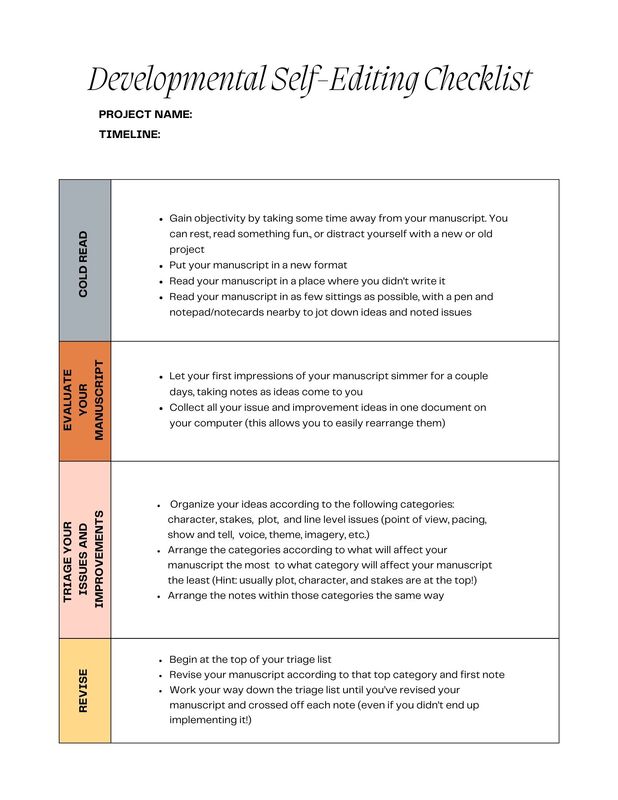
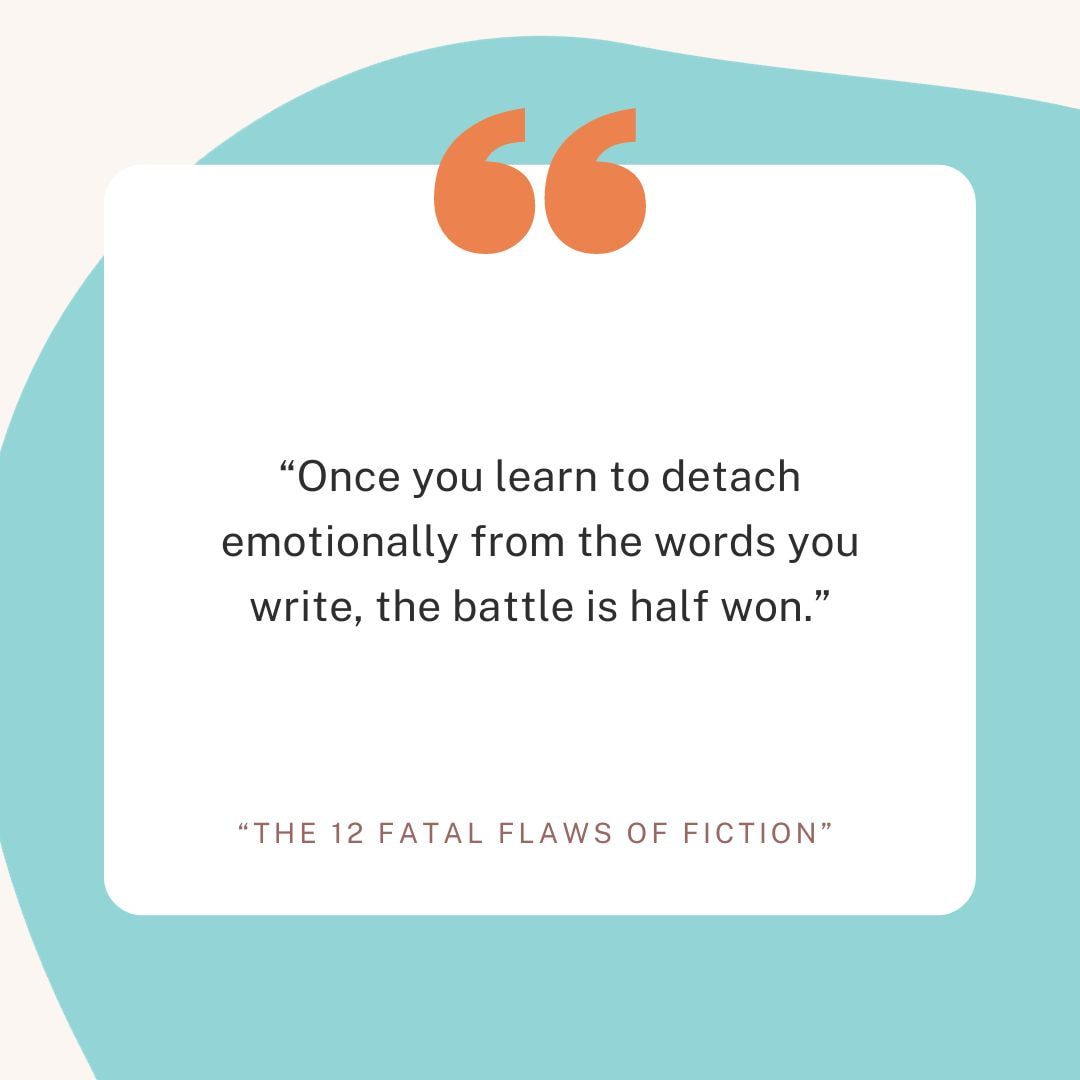
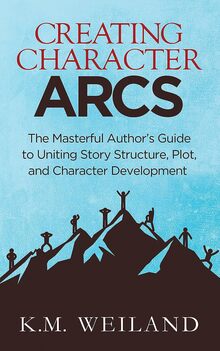
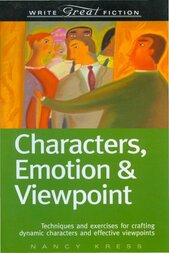
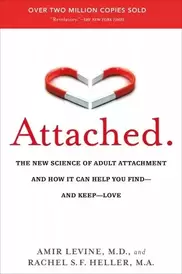
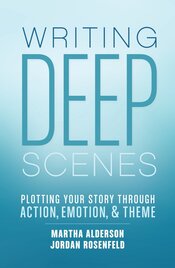
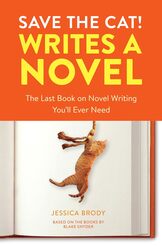
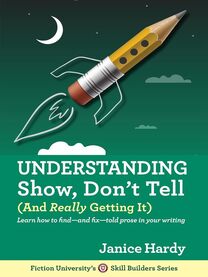
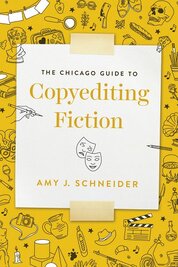
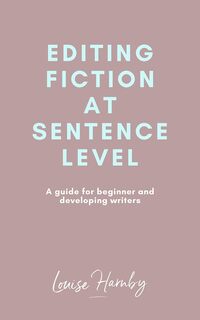
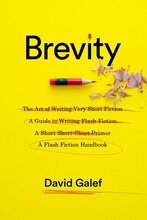

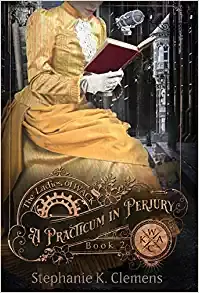
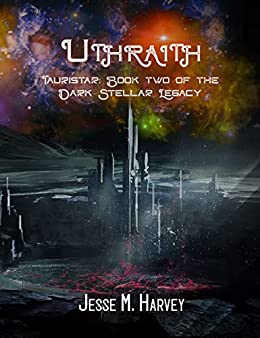
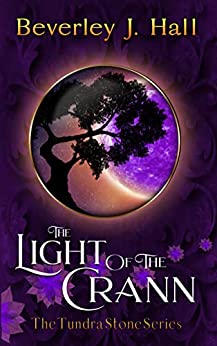
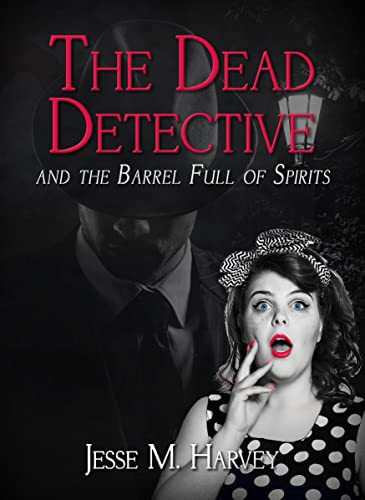
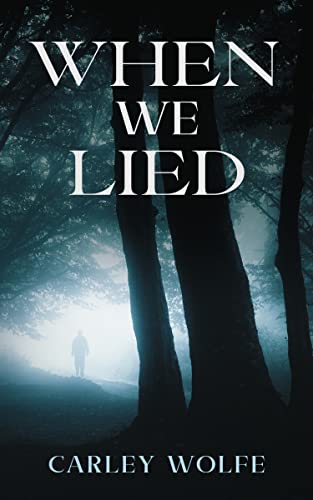
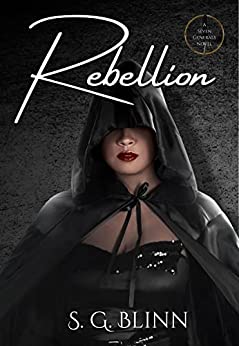
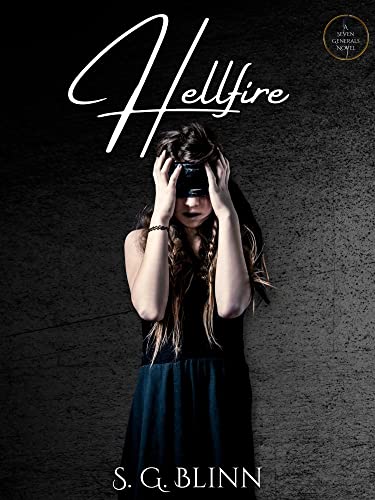
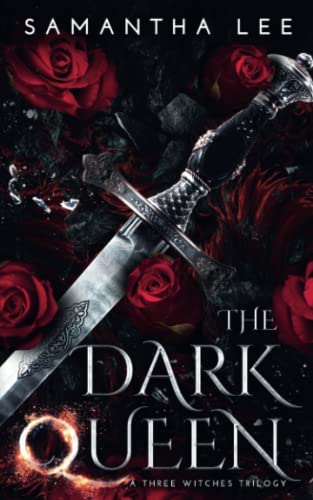
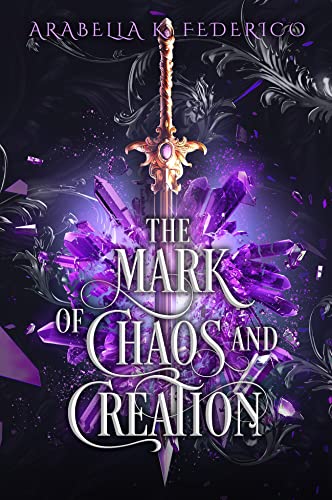
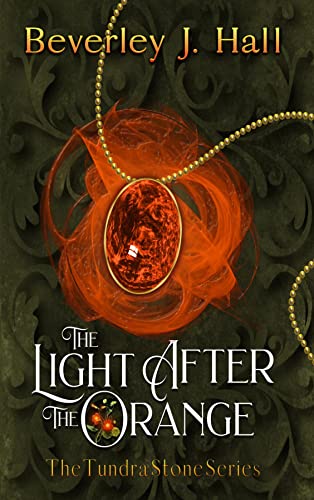
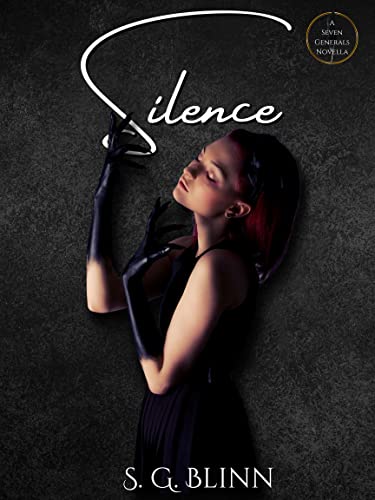
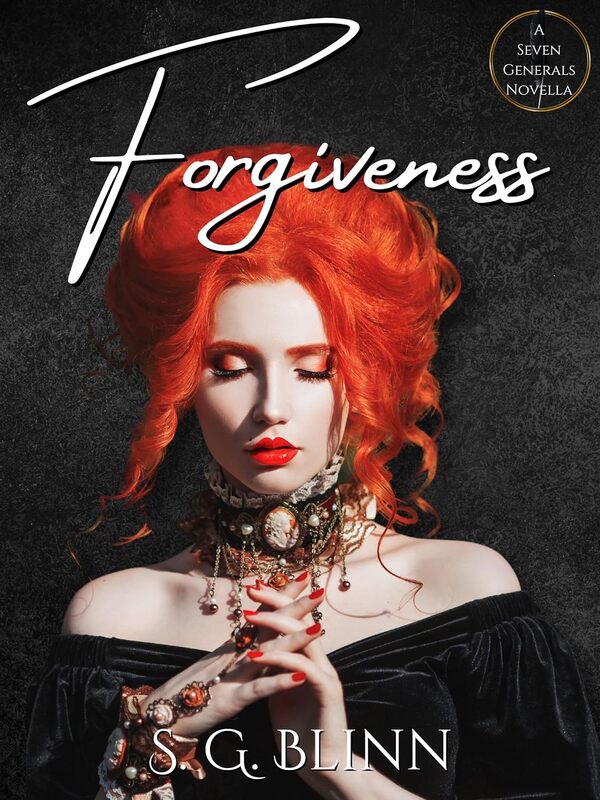
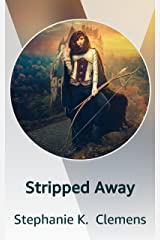
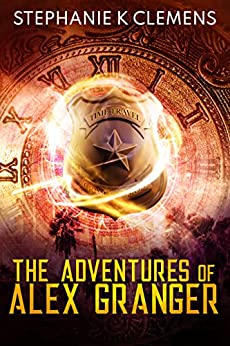
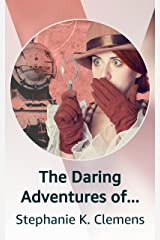
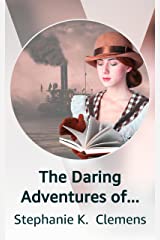
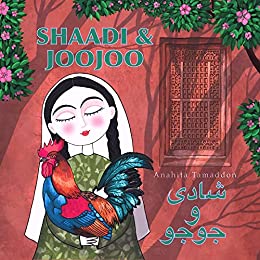
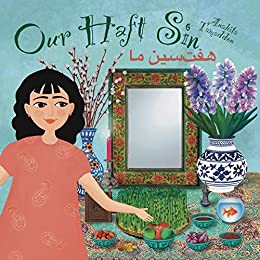
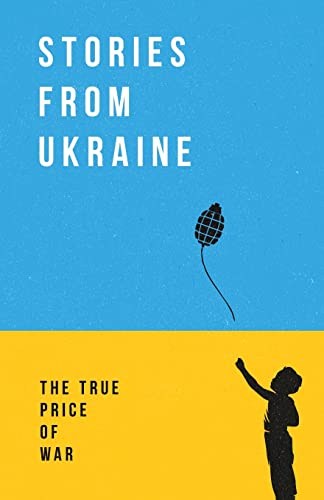
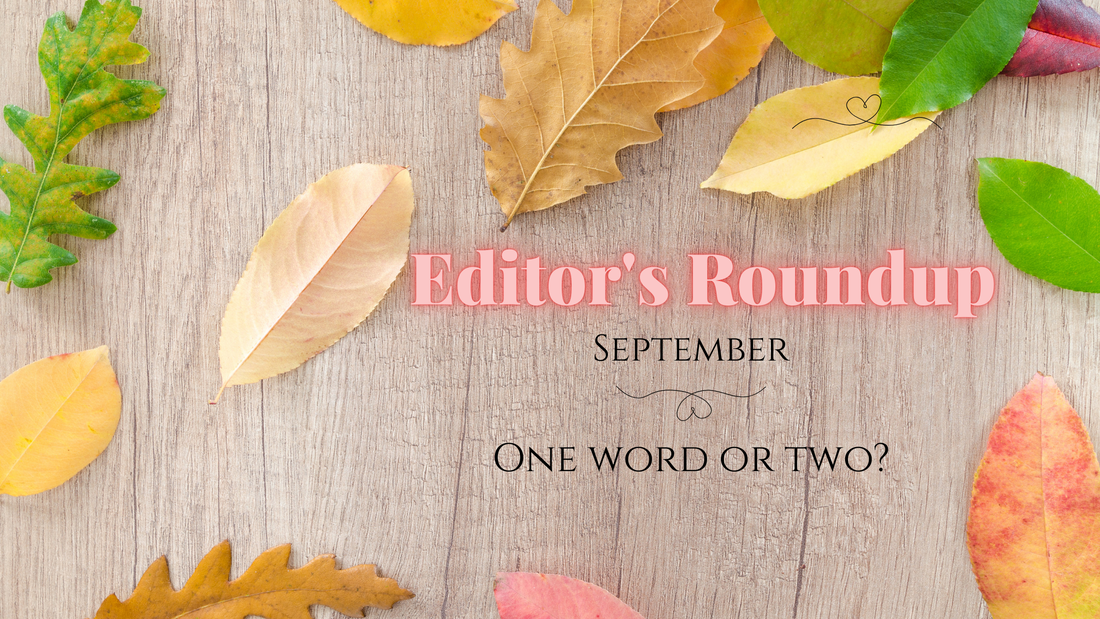
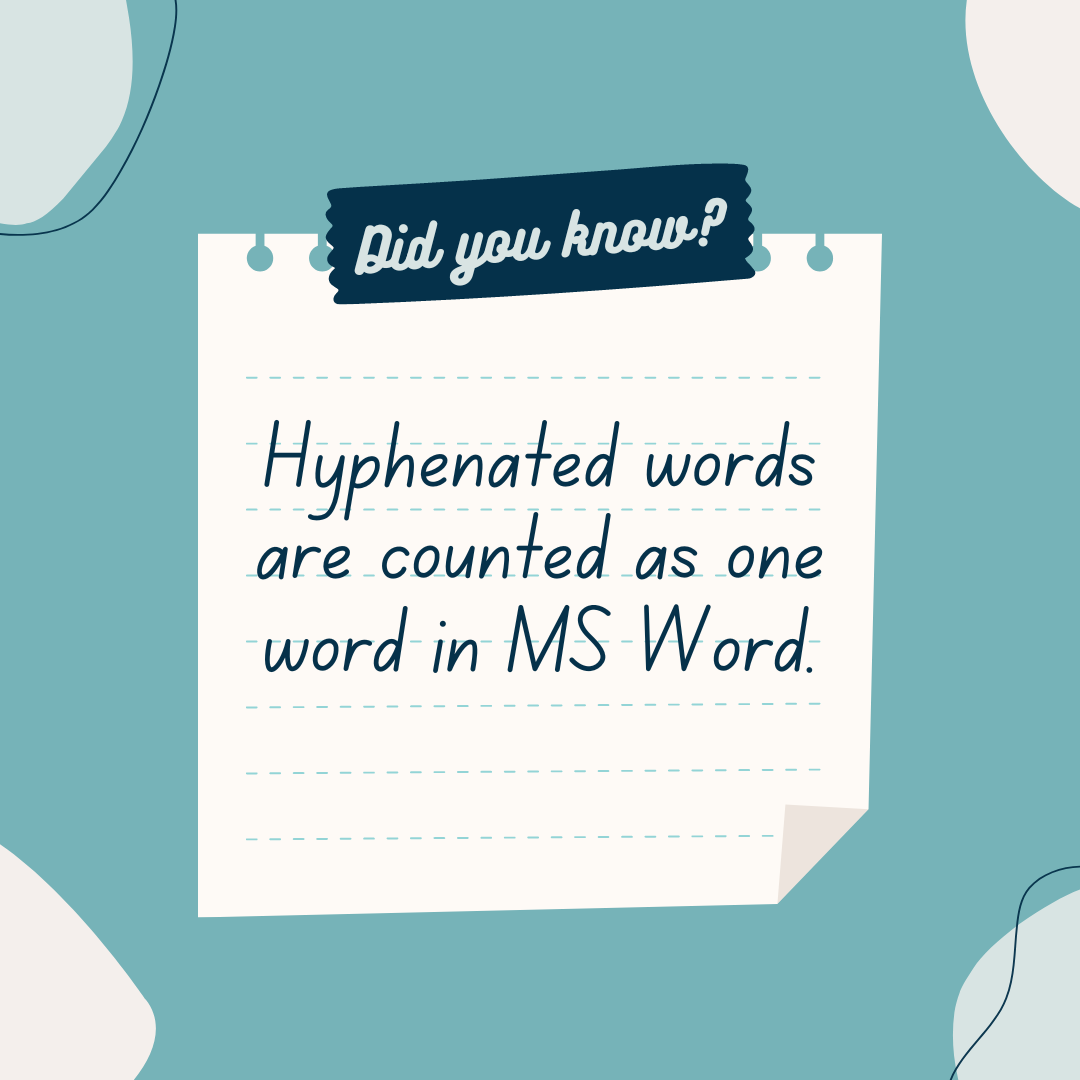
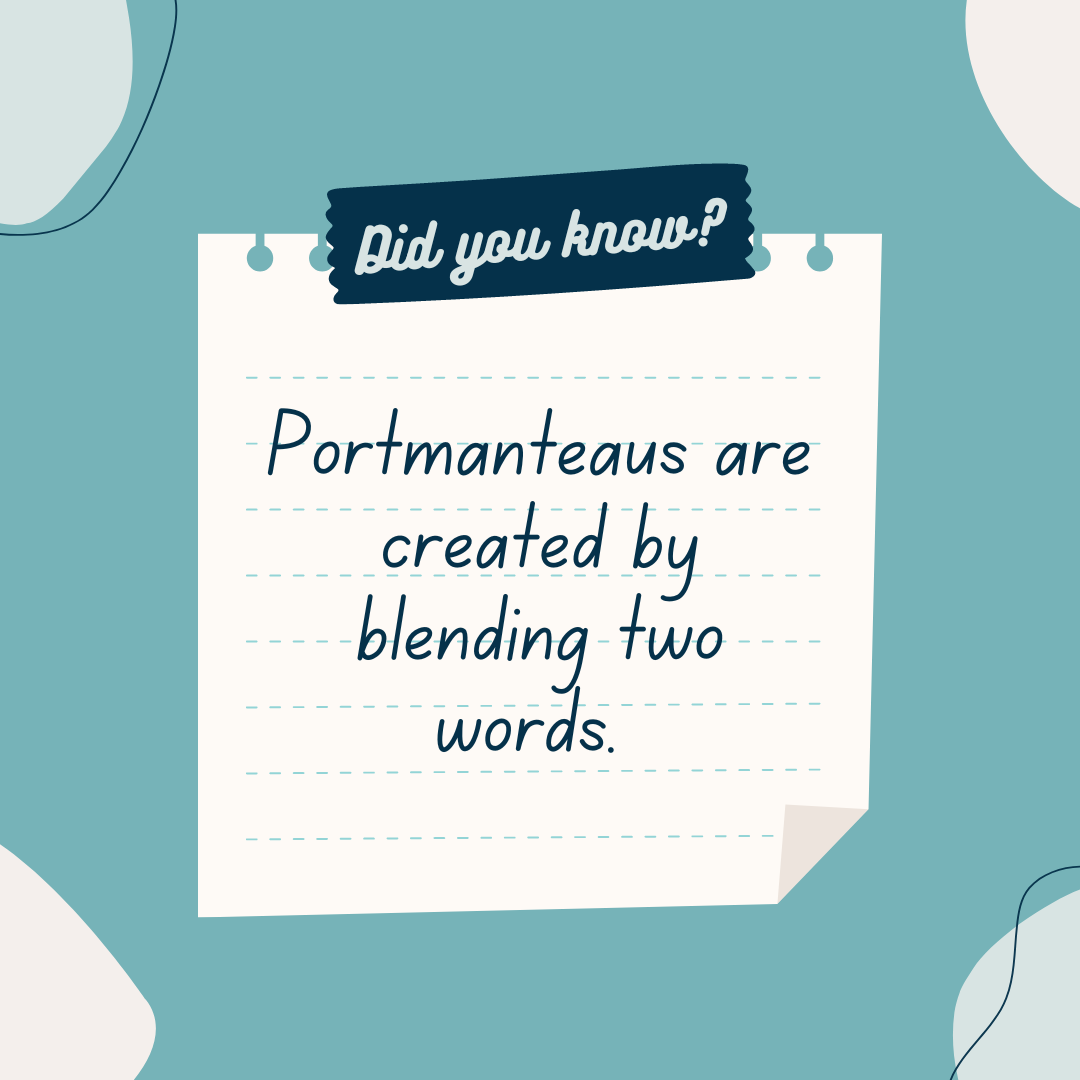
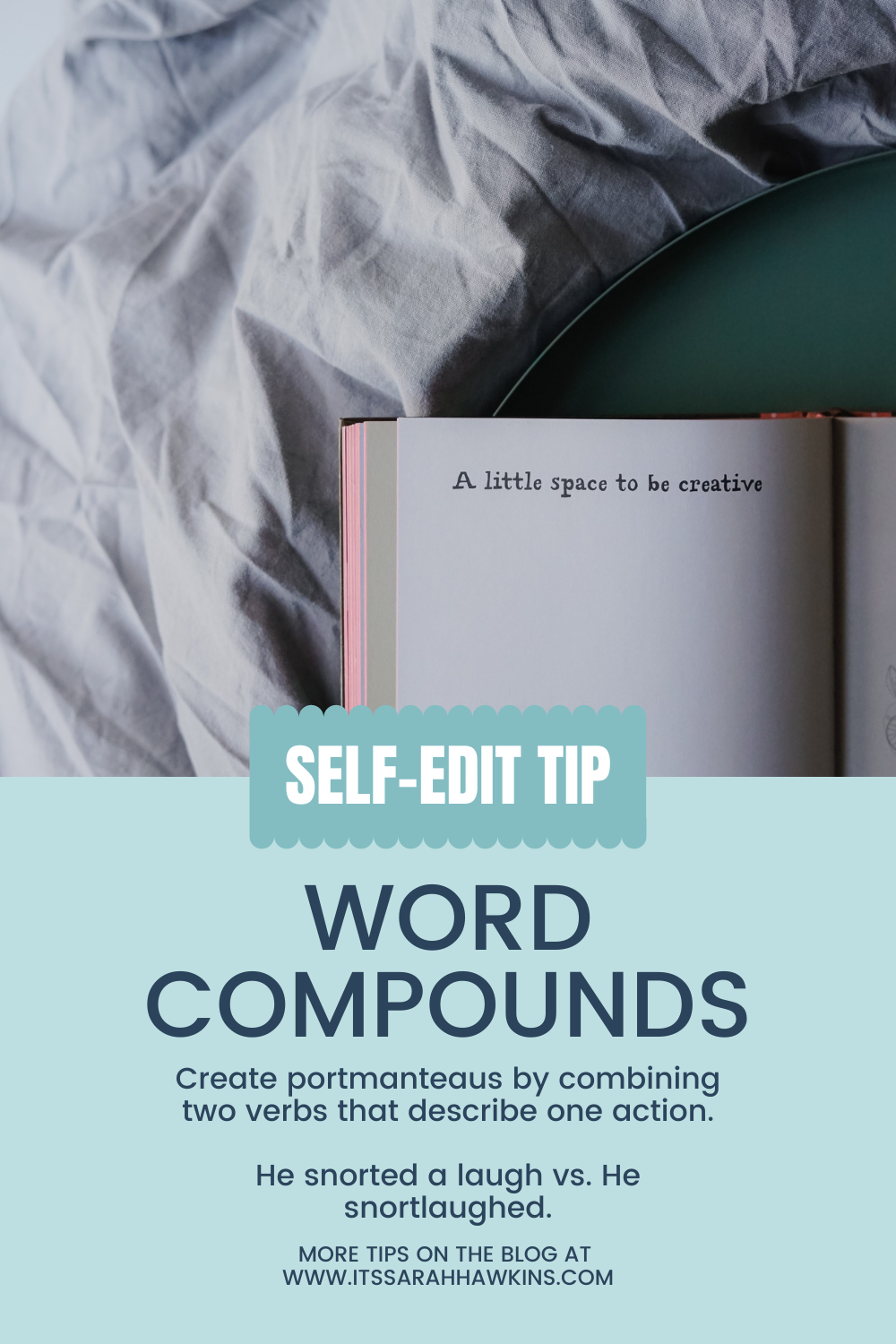
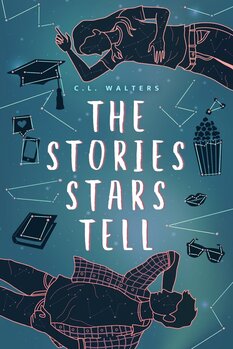
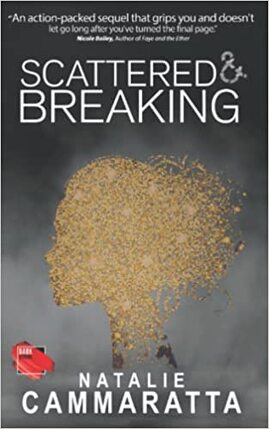
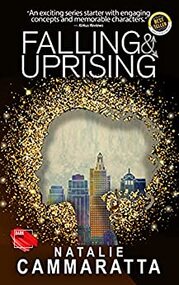
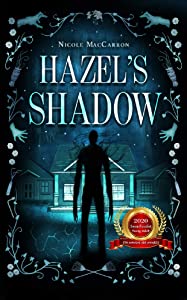
 RSS Feed
RSS Feed
